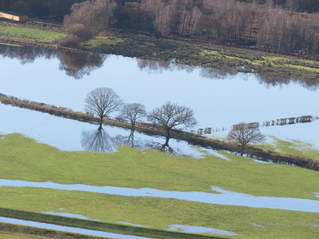 Flood water in the Lyth Valley
Flood water in the Lyth Valley The River Kent rises and falls fast and on the morning after the downpours the river was in spate, but flooding was localised, not apparent. We heard of homes flooded but saw nothing.
‘It’s like a sweep across all England. From the sea at Morecambe Bay, the farmland below to the fells of the Lake District. A geographic sweep across English landscapes.’
Through time and place, I reflect. Look at Lyth and you infer the arm of the sea, centuries of wetland and peat digging. The draining of the wetland that began enclosure early in 19th century and the coming of field systems, hedgerows for the mosses, in contrast to the stone walls on Scout Scar. To me, it's the layout of a Ladybird Book on the history of agriculture in England. That's what I contemplate from the escarpment. To the south, the recent wetting-up to create Park End Moss, pools for wading birds and the viewing hide. Locals didn’t like it- says Irene. Her father farmed here, creating drainage ditches. Wetting-up has undone all his years of work, a lost history.
There is change, always change. But there’s a stillness, a sense of solitude that belies change. Layer upon layer of history and it feels as if I'm looking down upon a lost England.
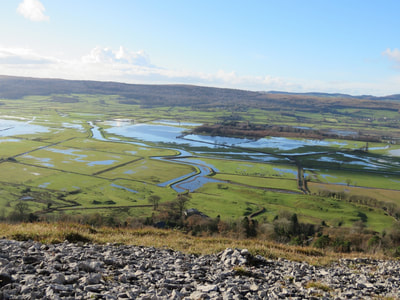
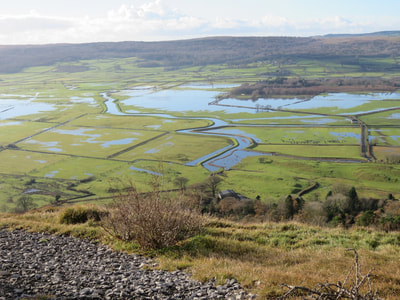
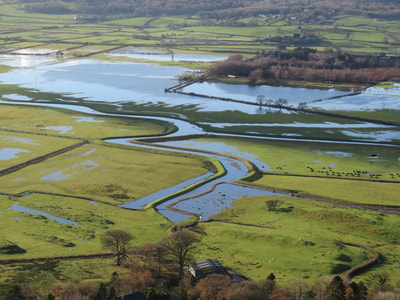
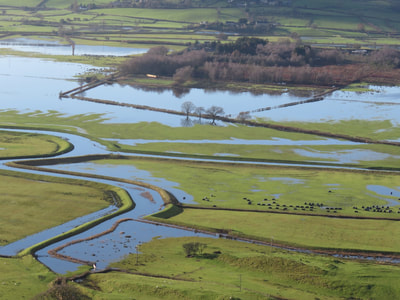
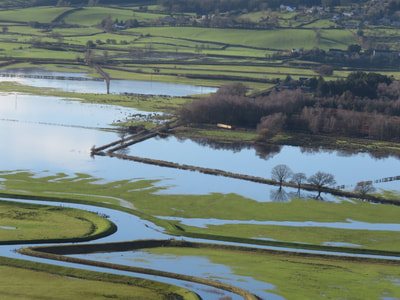
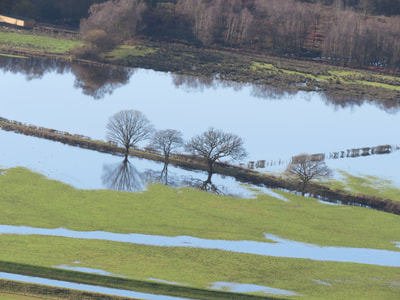
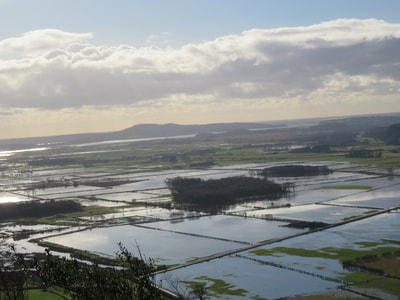
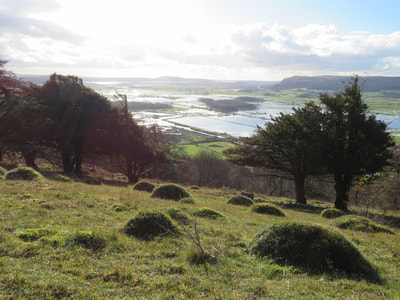
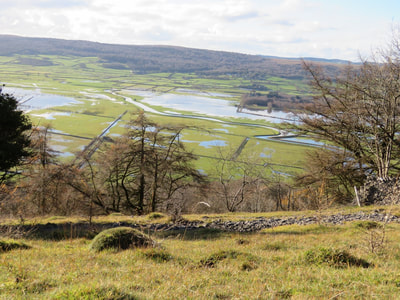
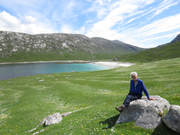
 RSS Feed
RSS Feed